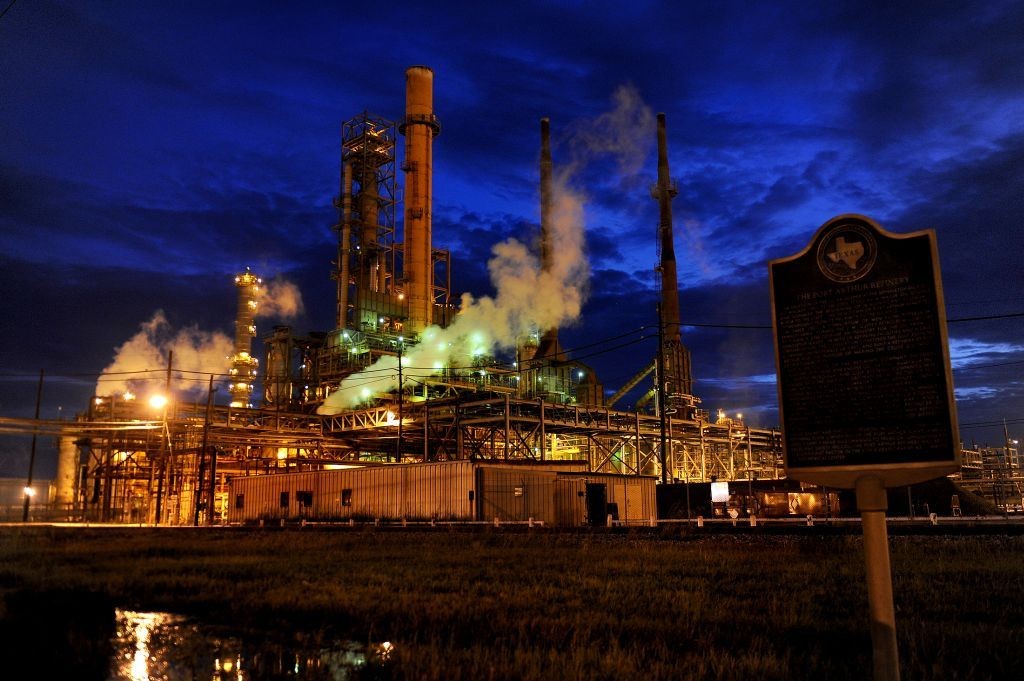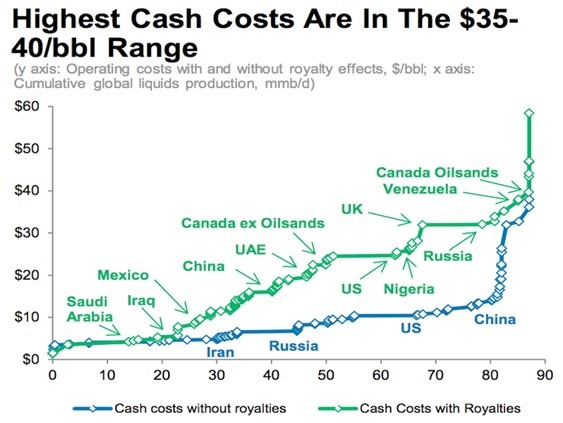Oil s impact on Texas real estate experts weigh in
Post on: 9 Август, 2015 No Comment

Will the volatility of oil prices impact the landscape of the Texas real estate market? A panel of real estate, oil & gas and economic experts met in Dallas last week to share their perspective on how oil prices are affecting real estate activity in the Lone Star state. The panelists agreed that Houston and the Permian Basin will feel the biggest impact, while Dallas is much more insulated from oil price instability.
The event was sponsored by Briggs Freeman Sotheby’s International Realty and Thompson & Knight with Emily Parker, managing partner of Thompson & Knight LLP, moderating the panel.
Overall, the panelists suggested that Dallas faces less risk from the drop in oil prices compared to other parts of Texas. They also predicted that the price of West Texas Intermediate would reach somewhere between $62 and $79 a barrel before the end of the year.
Panelist Dr. Bernard Weinstein, associate director of the Maguire Energy Institute at the SMU Cox School of Business, said, “Oil and gas comprised 11 percent of the Texas economy in recent years. But in DFW, it’s just 3 percent of the economy. Unless that second shoe drops and oil goes to $20 to $30 a barrel, we may not see much overall impact at all on real estate in DFW. The areas hardest hit have been the producing areas like the Permian Basin and Houston.”
Robbie Briggs, president and CEO of Briggs Freeman Sotheby’s International Realty, said, “The oil and gas industry may only be 8 percent of the Texas market, but it may be the upper 8 percent. We’ll see some effects at the upper end of the residential real estate market. Instead of people looking at a $15 million house, it may be a $10 million house.”
Phil Puckett, executive vice president of CBRE, compared Dallas/Fort Worth (DFW) commercial real estate with Houston. “DFW right now may be experiencing the best commercial real estate market that Dallas will see. New companies are coming or expanding and there are more deals running under the radar, especially more million square foot deals. In DFW, less than 2 percent of occupied real estate space is energy related. Dallas for the first time has not overbuilt, and may actually have a shortage of Class A space.”
Puckett went on to point out that Houston will feel a lot more impact, as it at a lot of extra commercial inventory. He said, “In Houston, the story is different. Houston has 17.6 million square feet of new construction vs. 7.1 million under construction in Dallas. Much more of it is speculative and still available for lease, or even being put back on the sublease market.”
Of course another driver in the real estate market is jobs. As E&P companies are trimming jobs, there will be some domino effect on the housing market, particularly in Houston. Bill Jackson, senior vice president and managing director of NorthMarq Capital, LLC, said, “The whole bottom line is jobs.” He also said that he liked the low interest rates because it made borrowing funds more attractive.
However, Houston does have some job market buffer with its diversified industry mix. Despite the downturn in the oil patch, Houston is still looking to add thousands of jobs in 2015. Metro Houston is expected to gain 62,900 jobs in 2015 according to a report by the Greater Houston Partnership. Growth will still be strong in construction, retail, professional services, health care, food services and public education.
Briggs also talked about residential real estate in light of the global economy. “The eyes of the entire world are on Texas. This is no longer a local real estate market. We have to look beyond the borders. International investors are long-term investors, and that’s how we ought to be focused.”
Oil market outlook
Dennis Grindinger, executive vice president, South America, for Hunt Oil Company, also provided his perspective on the current state of the oil market. Here is his snapshot on market trends:
We’ve cut capital expenses and operational expenses at a radical rate.
Technology allows us to be more efficient and sustain levels of production at lower prices, but we will likely have one more reduction in production as rig counts decline.
Money is chasing deals. In 1984 and 1991, there was not a strong equity market looking to snap up deals, but now there is equity ready to invest.
Be prepared for volatility. We don’t know what the Saudis are doing. It’s going to be very hard to predict.
Holt Foster, partner with Thompson & Knight LLP, added, “Energy is like property. It is a limited resource, so it will go back up. We’ll probably have a secondary dive and then settle out between $60-$80.”

Panelists also predicted what the price of West Texas intermediate would be one year now. Here’s their take:
Robbie Briggs: $65
Bud Weinstein: $62
Dennis Grindinger: $78
Holt Foster: $64
Phil Puckett: $63.50
Bill Jackson: $79
Of course panelists could only offer their best guess. Only the future will bear out which panelist will be the closest to predict the price. “If we could predict the price of oil, I would be living on my own island,” Parker joked.
The full impact of the oil price drop on Texas real estate remains to be seen. It may take until the end of 2015 through 2016 to see how big a role plummeting oil prices play on residential and commercial real estate. However, one thing is clear, cities that have other industry segments to fall back on will fare much better in this market.














